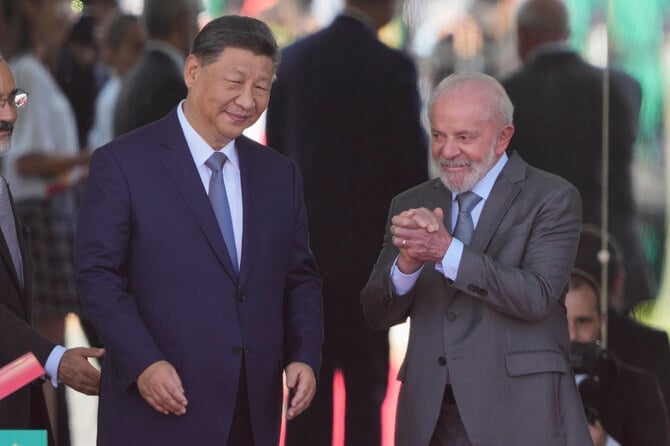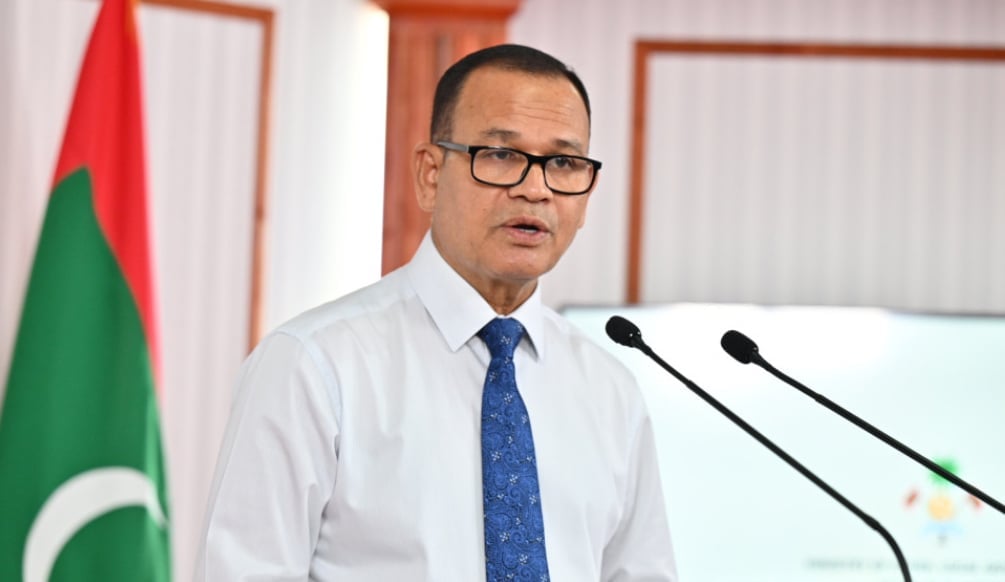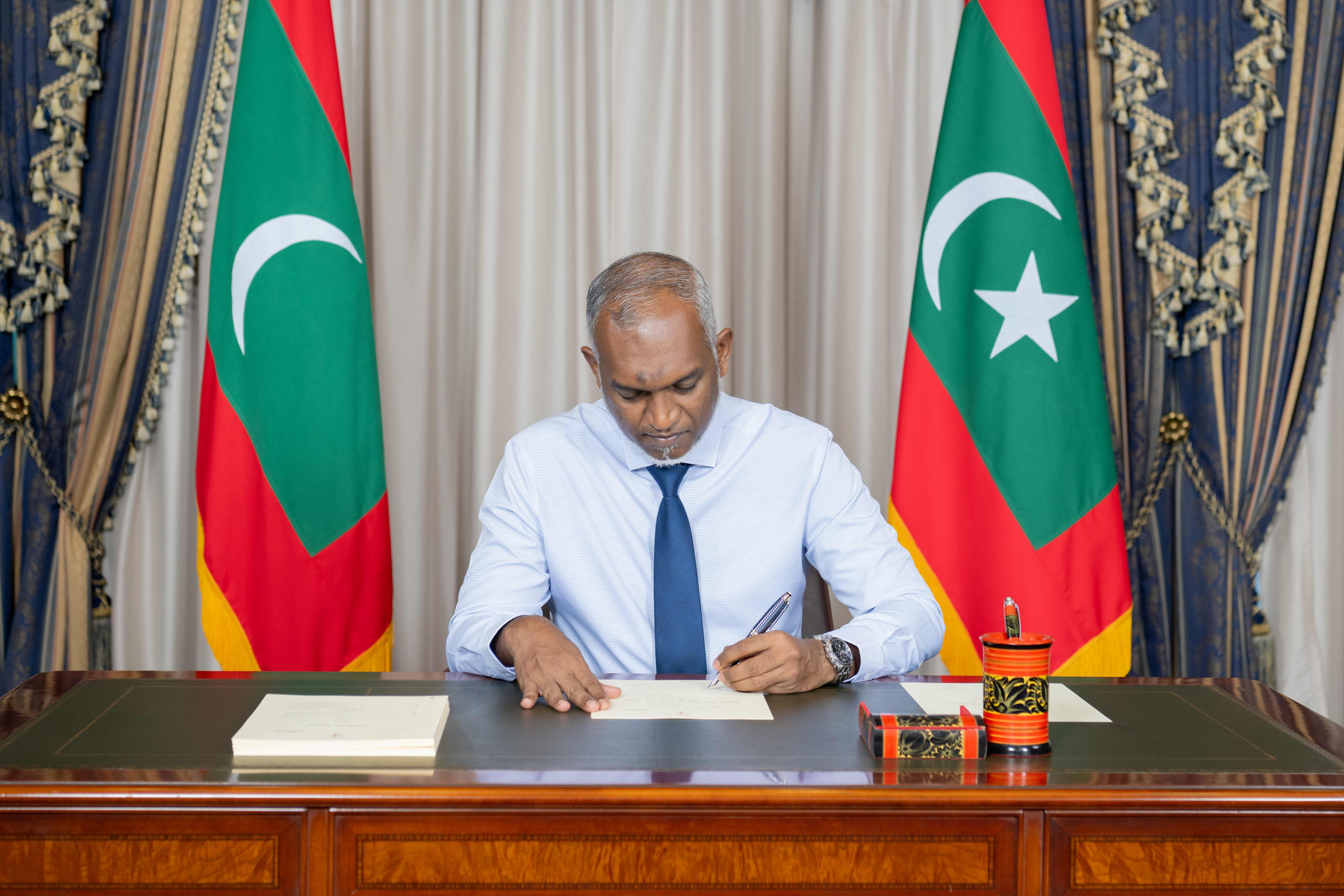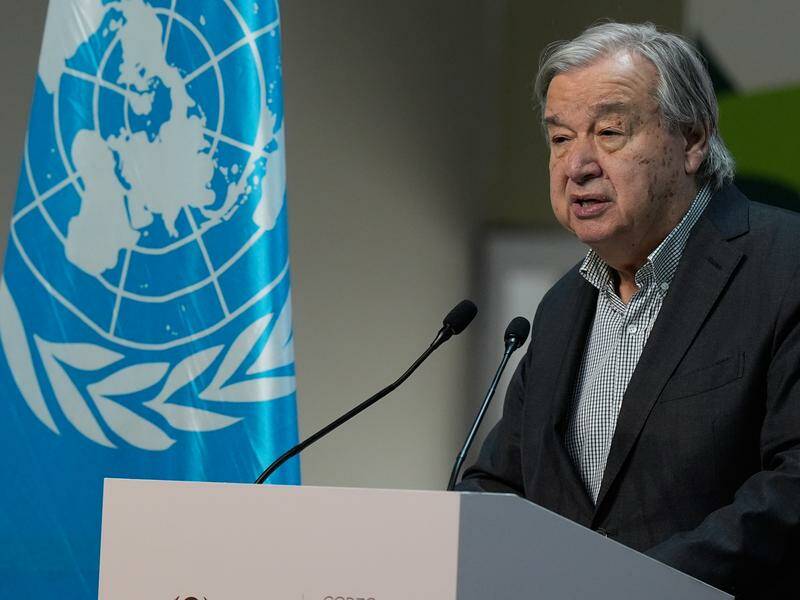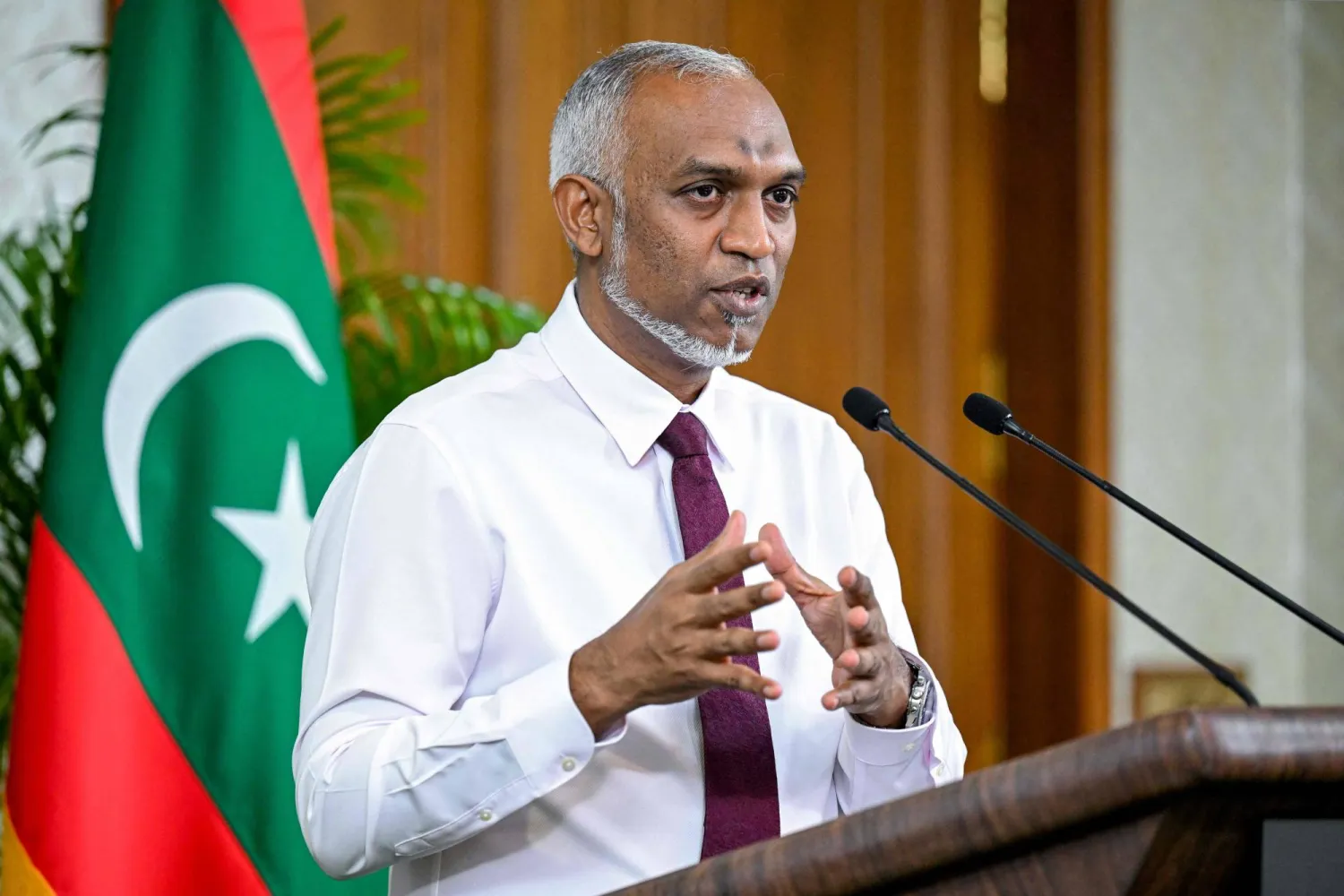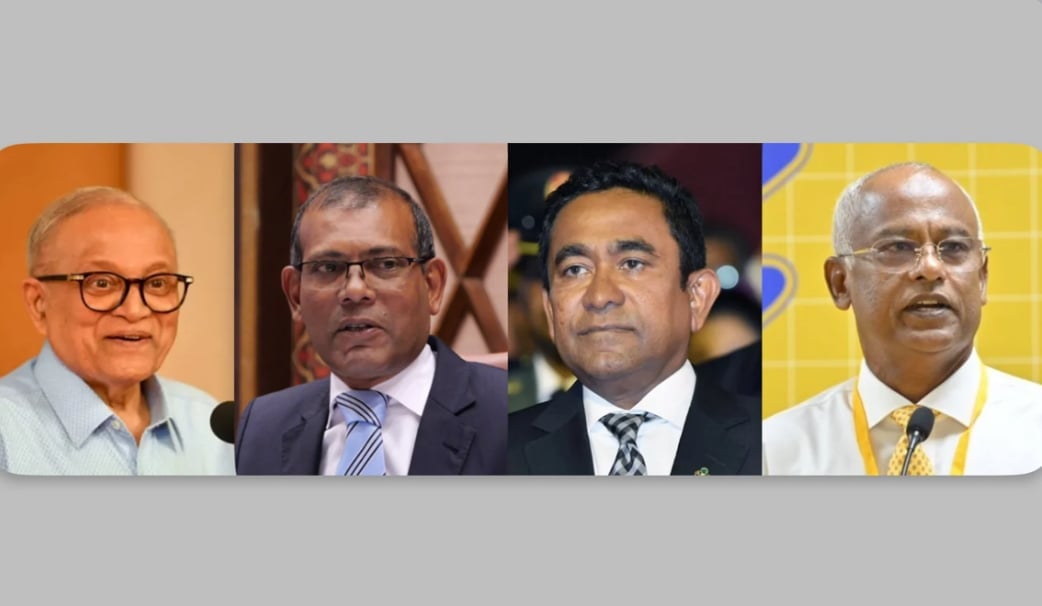Chinese President Xi Jinping and Brazilian President Luiz Inacio Lula da Silva jointly called for an end to the Ukraine conflict and a ceasefire in Gaza during Xi’s state visit to Brazil’s capital on November 20.
The visit emphasized a shared vision of peace and showcased deepening ties between the two nations, which represent the largest economies in Asia and Latin America.
In a meeting marked by a red-carpet welcome, Lula emphasized the importance of diplomacy in resolving global crises. “In a world plagued by armed conflicts and political strife, China and Brazil put peace, diplomacy, and dialogue first,” he stated. Xi echoed the sentiment, urging international commitment to peace, stating, “More voices are needed to pave the way for a political solution to the Ukraine crisis.”
China and Brazil’s peace roadmap for Ukraine, which calls for diplomatic resolution, has received support from Russia, a close ally of China, but faces rejection from Ukraine and its Western allies. Xi also reiterated global calls for a ceasefire in Gaza, where Israel continues its military operations against Hamas. The appeal aligns with the G20 summit’s recent joint statement advocating for comprehensive ceasefires in Gaza and Lebanon.
The visit marked the signing of 35 agreements covering agriculture, trade, technology, and environmental protection. Xi described the bilateral relationship as the strongest in history, while Lula highlighted Brazil’s intention to strengthen ties further, including hosting Xi again for a BRICS summit in July 2025.
China remains Brazil’s top trading partner, with trade volume surpassing $160 billion in 2023. Discussions during the visit included integrating China’s Belt and Road Initiative with Brazil’s infrastructure goals, although no formal announcement was made.
The closer China-Brazil relations underscore declining U.S. influence in the region. Analysts point to Xi’s strategic positioning during a transitional period in U.S. leadership, as Donald Trump’s impending presidency signals a potential retreat from multilateralism. “Xi Jinping is filling the vacuum left by U.S. disengagement,” noted international relations expert Oliver Stuenkel.
Among the agreements was a significant opening for Chinese satellite company SpaceSail in Brazil, positioning it as a competitor to Elon Musk’s Starlink. This reflects Brazil’s broader strategy of balancing partnerships between global powers. Xi’s visit highlights Brazil’s pivotal role in China’s expanding influence in Latin America and the shared aspiration of both nations to foster peace and economic cooperation in an increasingly polarized world.
The visit emphasized a shared vision of peace and showcased deepening ties between the two nations, which represent the largest economies in Asia and Latin America.
In a meeting marked by a red-carpet welcome, Lula emphasized the importance of diplomacy in resolving global crises. “In a world plagued by armed conflicts and political strife, China and Brazil put peace, diplomacy, and dialogue first,” he stated. Xi echoed the sentiment, urging international commitment to peace, stating, “More voices are needed to pave the way for a political solution to the Ukraine crisis.”
China and Brazil’s peace roadmap for Ukraine, which calls for diplomatic resolution, has received support from Russia, a close ally of China, but faces rejection from Ukraine and its Western allies. Xi also reiterated global calls for a ceasefire in Gaza, where Israel continues its military operations against Hamas. The appeal aligns with the G20 summit’s recent joint statement advocating for comprehensive ceasefires in Gaza and Lebanon.
The visit marked the signing of 35 agreements covering agriculture, trade, technology, and environmental protection. Xi described the bilateral relationship as the strongest in history, while Lula highlighted Brazil’s intention to strengthen ties further, including hosting Xi again for a BRICS summit in July 2025.
China remains Brazil’s top trading partner, with trade volume surpassing $160 billion in 2023. Discussions during the visit included integrating China’s Belt and Road Initiative with Brazil’s infrastructure goals, although no formal announcement was made.
The closer China-Brazil relations underscore declining U.S. influence in the region. Analysts point to Xi’s strategic positioning during a transitional period in U.S. leadership, as Donald Trump’s impending presidency signals a potential retreat from multilateralism. “Xi Jinping is filling the vacuum left by U.S. disengagement,” noted international relations expert Oliver Stuenkel.
Among the agreements was a significant opening for Chinese satellite company SpaceSail in Brazil, positioning it as a competitor to Elon Musk’s Starlink. This reflects Brazil’s broader strategy of balancing partnerships between global powers. Xi’s visit highlights Brazil’s pivotal role in China’s expanding influence in Latin America and the shared aspiration of both nations to foster peace and economic cooperation in an increasingly polarized world.





